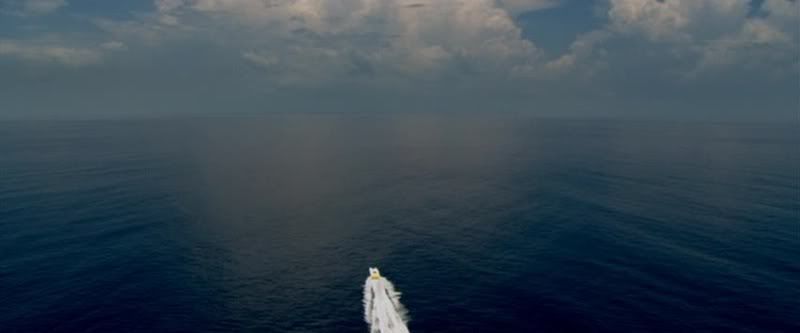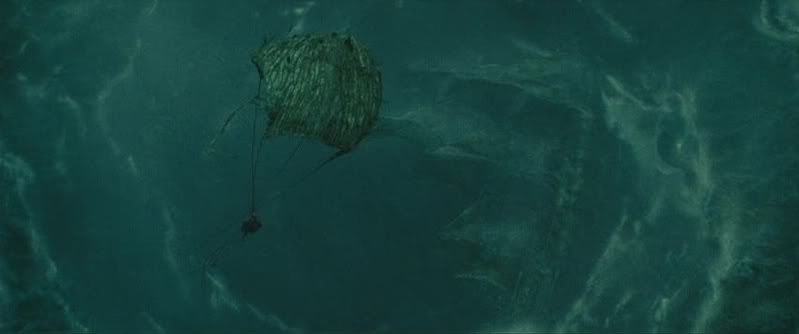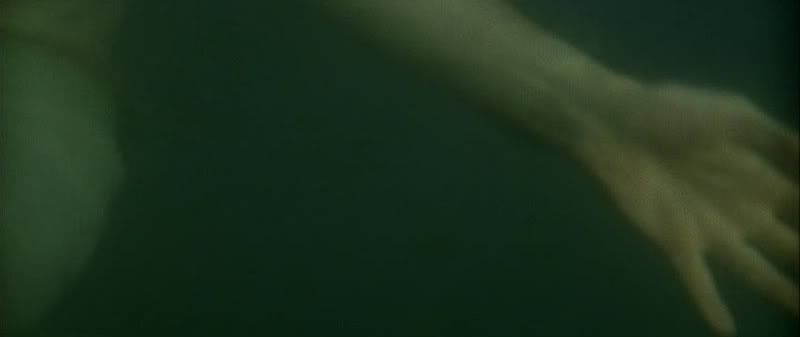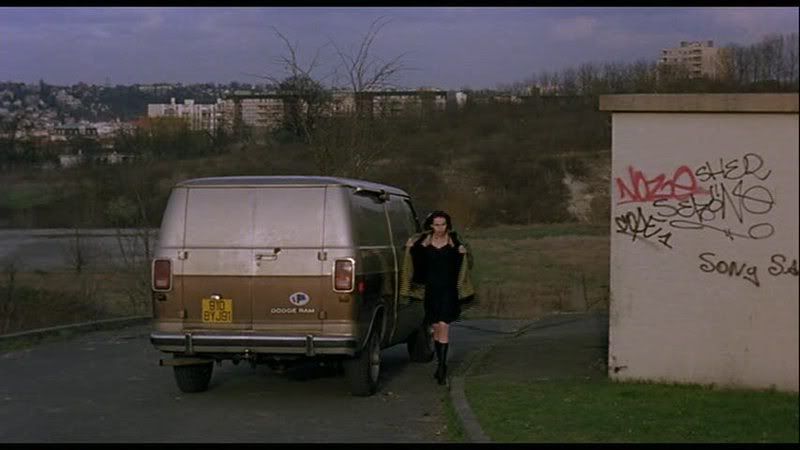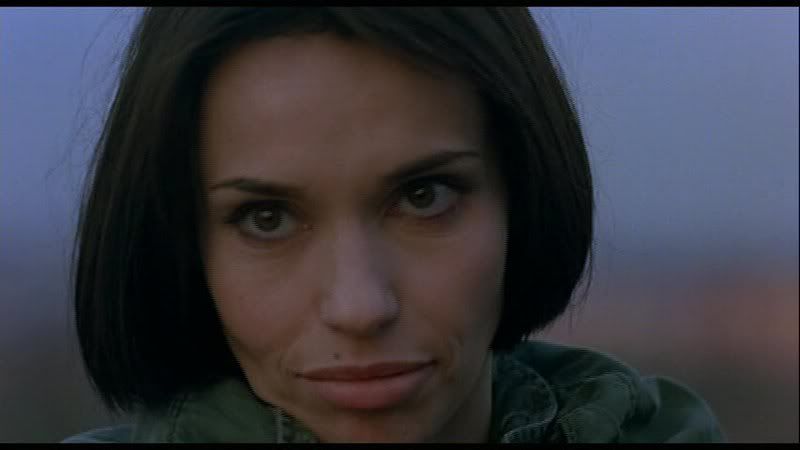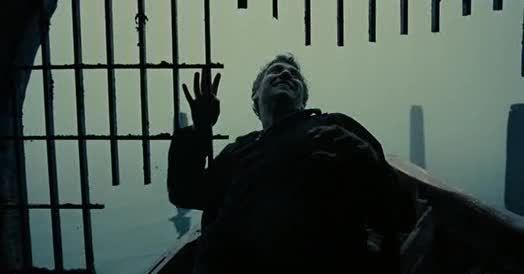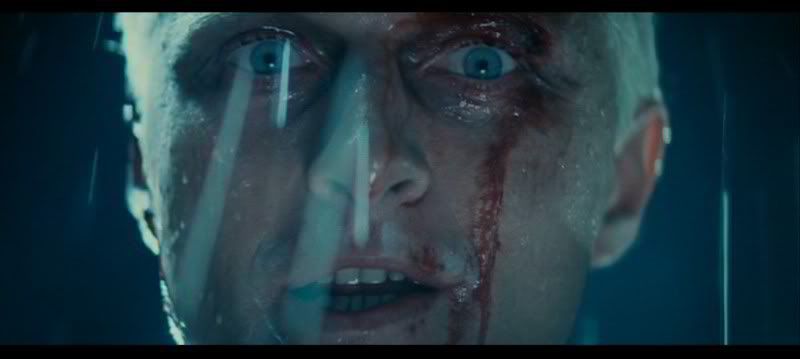Poems for the month: Wordsworth.
"To Sleep" (3 from 1806)
"Animal Tranquillity and Decay" (1798)
TO SLEEP
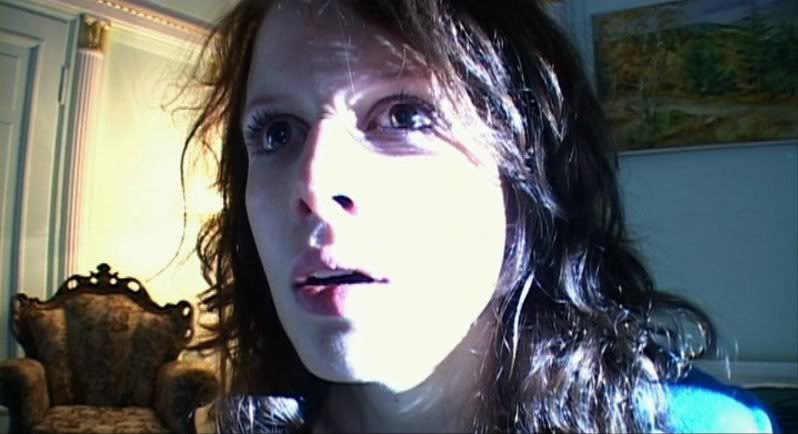
I.
O GENTLE SLEEP! do they belong to thee,
These twinklings of oblivion? Thou dost love
To sit in meekness, like the brooding Dove,
A captive never wishing to be free.
This tiresome night, O Sleep! thou art to me
A Fly, that up and down himself doth shove
Upon a fretful rivulet, now above
Now on the water vexed with mockery.
I have no pain that calls for patience, no;
Hence am I cross and peevish as a child:
Am pleased by fits to have thee for my foe,
Yet ever willing to be reconciled:
O gentle Creature! do not use me so,
But once and deeply let me be beguiled.
II.
A FLOCK of sheep that leisurely pass by,
One after one; the sound of rain, and bees
Murmuring; the fall of rivers, winds and seas,
Smooth fields, white sheets of water, and pure sky;
I have thought of all by turns, and yet do lie
Sleepless! and soon the small birds' melodies
Must hear, first uttered from my orchard trees;
And the first cuckoo's melancholy cry.
Even thus last night, and two nights more, I lay,
And could not win thee, Sleep! by any stealth:
So do not let me wear to-night away:
Without Thee what is all the morning's wealth?
Come, blessed barrier between day and day,
Dear mother of fresh thoughts and joyous health!
III.
FOND words have oft been spoken to thee, Sleep!
And thou hast had thy store of tenderest names;
The very sweetest, Fancy culls or frames,
When thankfulness of heart is strong and deep!
Dear Bosom-child we call thee, that dost steep
In rich reward all suffering; Balm that tames
All anguish; Saint that evil thoughts and aims
Takest away, and into souls dost creep,
Like to a breeze from heaven. Shall I alone,
I surely not a man ungently made,
Call thee worst Tyrant by which Flesh is crost?
Perverse, self-willed to own and to disown,
Mere slave of them who never for thee prayed,
Still last to come where thou art wanted most!
ANIMAL TRANQUILLITY AND DECAY

THE little hedgerow birds,
That peck along the roads, regard him not.
He travels on, and in his face, his step,
His gait, is one expression: every limb,
His look and bending figure, all bespeak
A man who does not move with pain, but moves
With thought.--He is insensibly subdued
To settled quiet: he is one by whom
All effort seems forgotten; one to whom
Long patience hath such mild composure given,
That patience now doth seem a thing of which
He hath no need. He is by nature led
To peace so perfect that the young behold
With envy, what the Old Man hardly feels.
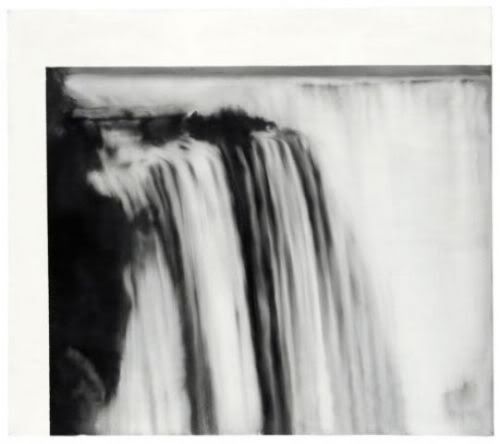
[Poems taken from this site, which hosts his complete poetical works. Image 1: The lost girl from INLAND EMPIRE; Image 2: Al Swearengen cleaning up his own mess, as ever, denying Johnny something pretty; Image 3: Gerhard Richter's Niagra Falls.]
